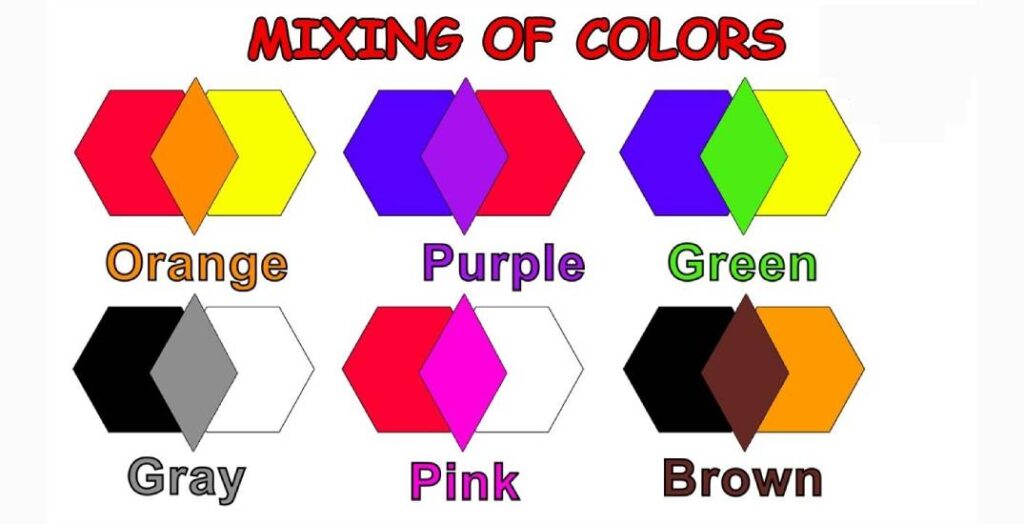2
Zero Conditional: Present Realities
To the teacher
On this page, we’ll dive into the Zero Conditional. Students will learn how to construct sentences using this conditional to express facts, general truths, and cause-and-effect relationships. We’ll provide clear examples and interactive exercises to ensure students can confidently apply the Zero Conditional in everyday conversations.
Welcome back, Students!
Today, we’re going to explore the first type of conditional: the Zero Conditional. This type of conditional is used to talk about things that are always true or situations where cause and effect are straightforward. Get ready to discover how to express facts and general truths in English using this powerful tool.
Understanding the Zero Conditional
The Zero Conditional is structured using two simple present tense verbs and the word “if.” It’s used to talk about situations that are always true, general truths, and cause-and-effect relationships. In this conditional, the condition and the result are both in the present simple tense.
Structure of the Zero Conditional:
- If + Present Simple, Present Simple
Examples of the Zero Conditional:
- If you heat water to 100 degrees Celsius, it boils.
- In this example, the condition is “you heat water to 100 degrees Celsius,” and the result is “it boils.” This is a general truth that whenever water is heated to a certain temperature, it always boils.
- If you mix red and blue, you get purple.
- Here, the condition is “you mix red and blue,” and the result is “you get purple.” This shows a cause-and-effect relationship that always holds true.
- If the sun sets, it becomes dark.
- This sentence states a fact: when the sun sets, darkness follows.

Interactive Practice:
Let’s practice constructing Zero Conditional sentences together.
Instructions:
Choose the correct option to complete each sentence.
Focus on using the Zero Conditional correctly.
Zero Conditional Exercise:
Present Realities
Examples:
- If you mix red and blue, you get:
a) purple
b) green
c) orange
Answer: a) purple - If she doesn’t water the plants, they:
a) grow taller
b) produce more flowers
c) die
Answer: c) die
GO HERE FOR THE DICTIONARY
Real-Life Applications:
You can use the Zero Conditional to talk about everyday facts and scenarios. Whether you’re discussing science, cooking, or simple cause-and-effect relationships, this conditional will help you express yourself clearly.
It is a versatile grammatical structure that finds its way into various real-life scenarios. It enables you to discuss everyday facts, cause-and-effect relationships, and practical situations. Here are a few real-life applications where the Zero Conditional comes in handy:
Conversational Chunks:
Cooking and Recipes:
When following or sharing recipes, you often encounter the Zero Conditional.
For instance:
Person A: Have you ever wondered, how they make bread?
Person B: Definitely! I think “if you mix flour and water, you get a dough, and then you let it rise before baking.”
Person A: That’s right! “If you don’t let the dough rise, the bread won’t be fluffy.“
Science and Experiments:
In scientific contexts, the Zero Conditional helps explain natural laws and outcomes.
For instance:
Person A: Did you learn about chemical reactions in class?
Person B: Yes, we talked about how “if you expose certain metals to oxygen, they rust.”
Person A: Exactly! “If the metal doesn’t have a protective layer, the oxygen reacts with it and causes rusting.”
Health and Lifestyle: Describing the consequences of actions is common in discussions about health.
For instance:
Person A: I’m having trouble sleeping.
Person B: “If you don’t get enough sleep, you feel tired and it affects your mood.”
Person A: That’s what I’m experiencing. “If I don’t sleep well, I’m so sluggish (lazy) the next day.“
Daily Routine:
Discussing your routine or giving advice is easier using the Zero Conditional.
For instance:
Person A: How do you maintain such productivity in the morning?
Person B: Well, “if you wake up early, you have time to exercise and plan your day.“
Person A: I should try that. “If I wake up late, I always feel rushed.“
Advice and Recommendations:
Offering practical advice becomes straightforward with this conditional.
For instance:
Person A: Any suggestions for avoiding post-lunch drowsiness at work?
Person B: “If you avoid heavy meals and have a light snack, you stay more alert”.
Person A: Thanks! “If I have a big lunch, I can hardly stay awake during meetings.“
Weather and Seasons:
You can describe typical weather-related outcomes.
For instance:
Person A: The garden looks amazing after yesterday’s rain.
Person B: Yes, if it rains, the ground gets moist, and the plants look much healthier.
Person A: Yes, I know! If it doesn’t rain, the plants seem to wither a bit.

Technology and Gadgets: Talking about how devices function is another application.
For instance:
Person A: This remote control isn’t working. What should I do?
Person B: If you press the reset button, it usually reconnects to the TV.
Person A: Ah, got it. If it’s still not working, I’ll check the batteries too.
Home and Maintenance: Discussing simple maintenance or habits is more effective.
For instance:
Person A: The garden doesn’t look so nice these days.
Person B: Well, if you don’t water the plants, they become dry and lifeless.
Person A: Maybe, I’m not paying so much attention to them lately. If I don’t water them regularly, they suffer.
Education and Learning: Explaining how certain studying habits affect performance becomes clearer.
For instance:
Person A: How did you get such good grade in the test? Any secrets?
Person B: If I review the material every day, I remember it better during the exam.
Person A: I should try that approach. If I study everything the night before, I usually forget it by morning.
Social Etiquette: Advising on polite behavior can be straightforward.
For instance:
Person A: How should I respond when someone holds the door open for me?
Person B: If someone holds the door, it’s polite to say ‘thank you’ and smile.
Person A: Right, I’ll remember that. If I’m in a hurry, I sometimes forget it.
Instructions: Zero Conditional Conversation Activity
Duration: Approximately 15-20 minutes
Objective: To engage in conversation using the zero conditional structure and learn more about your partner’s habits and preferences.
Instructions: Listen to the audios and answer the questions
Questions to Discuss:
If you drink coffee, do you prefer it black or with cream and sugar?
If it rains, do you usually stay indoors or enjoy the rain?
If you visit a new city, do you like to explore the local attractions?
If you have a question, do you prefer asking someone or searching online?
If you cook at home, do you follow recipes or improvise?
If you see a cute animal, do you take a photo of it?
If you read books, do you prefer physical copies or e-books?
If you run into a problem, do you ask advice from others?
If you discover a new restaurant in town, do you tend to try it out or stick to your usual restaurant?
If you exercise, do you prefer going to the gym or working out at home?

Remember to switch roles after each question and rotate partners as you go through the questions. Enjoy the activity and have meaningful conversations!
Wrap-Up:
Congratulations! You’ve learned how to use the Zero Conditional to talk about present realities, general truths, and cause-and-effect relationships. Keep practicing to make these structures a natural part of your English conversations.
In the next lesson, we’ll move on to the First Conditional, where we’ll explore how to talk about real possibilities and future events. Keep flipping to learn more!
End of Page 2


